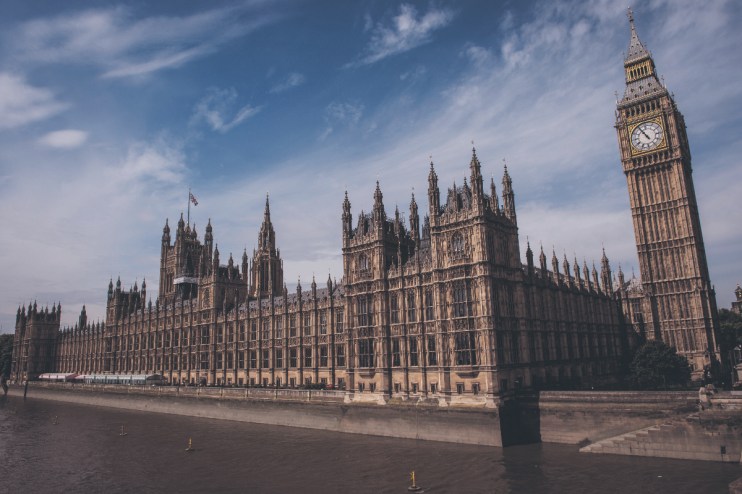FCA chiefs set for Westminster grilling over ‘name and shame’ plans

The Financial Conduct Authority’s two top bosses are set to be grilled by MPs over their controversial ‘name and shame’ plans after a furious backlash from the City in recent weeks.
In a statement today, the influential Treasury Select Committee of MPs said it would quiz the FCA’s chief executive, Nikhil Rathi, and chair, Ashley Alder, next Wednesday over plans to publicly name the firms it is investigating.
The grilling will be the latest in a series of skirmishes between the regulator and Westminster after Chancellor Jeremy Hunt waded into the debate this week, urging the FCA to “re-look” at the measures.
Scores of City firms and trade groups have also mounted opposition to the propsals over fears it will damage the UK’s appeal as a place to do business and publicly shame City firms prior to any proof of wrongdoing.
In its announcement of the session next week, the Treasury committee said MPs are likely to ask Rathi and Alder “how the regulator would like to respond to the criticism from stakeholders” and whether the plans are “likely to be affected by the backlash”.
Alder and Rathi are also likely to face questions on its implementation of the stringent Consumer Duty and the work being done “ to deliver on its secondary growth and competitiveness objective”.
A group of Lords also launched a stinging rebuke of Rathi yesterday after he failed to respond to their request to “halt” the plans, saying he would be summoned to answer questions on the matter.
A City-wide consultation on the proposals closed earlier this week.
The FCA has doubled down, however, with the watchdog’s two enforcement chief writing in City A.M. this week that the plans would help beef up their powers of deterrence and warn firms of wrongdoing.
“We have thought about these proposals carefully. We are not proposing to name every firm in every investigation,” the pair said. “Each case would be judged on its merits. In some cases, it will be in the public interest to name a firm, in other cases not. And we will not usually name individuals.”